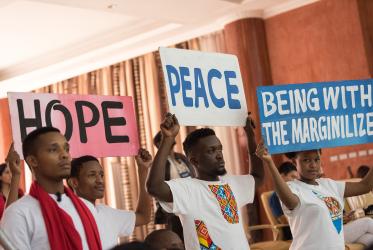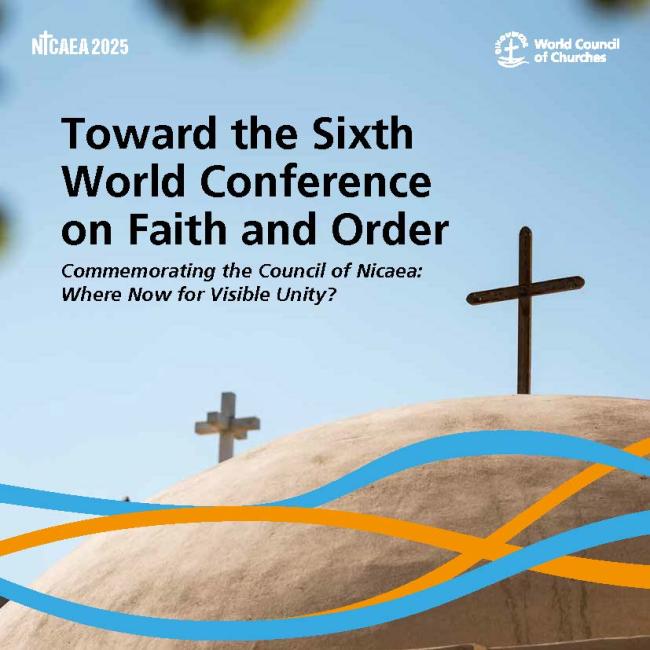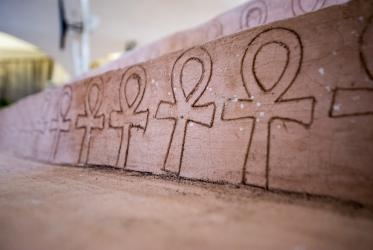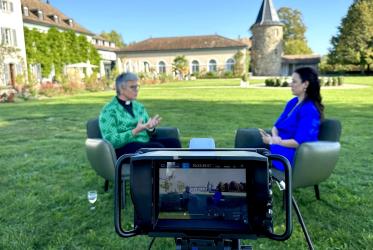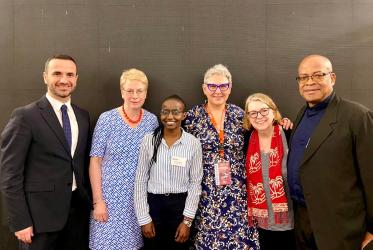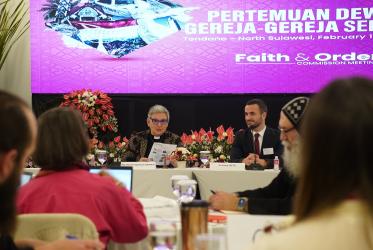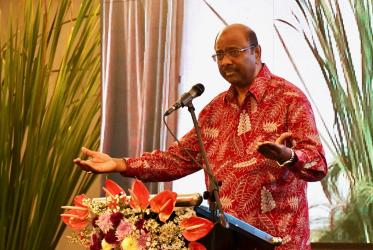Displaying 1 - 20 of 1946
Toward the Sixth World Conference on Faith and Order
Commemorating the Council of Nicaea: Where Now for Visible Unity?
24 February 2024
New chapter begins for WCC Faith and Order Commission
08 February 2024
WCC Commission on Faith and Order elects new leaders
08 February 2024
WCC Commission on Faith and Order gathers with hope at the heart
03 February 2024
WCC Commission on Faith and Order to convene in Indonesia
31 January 2024






